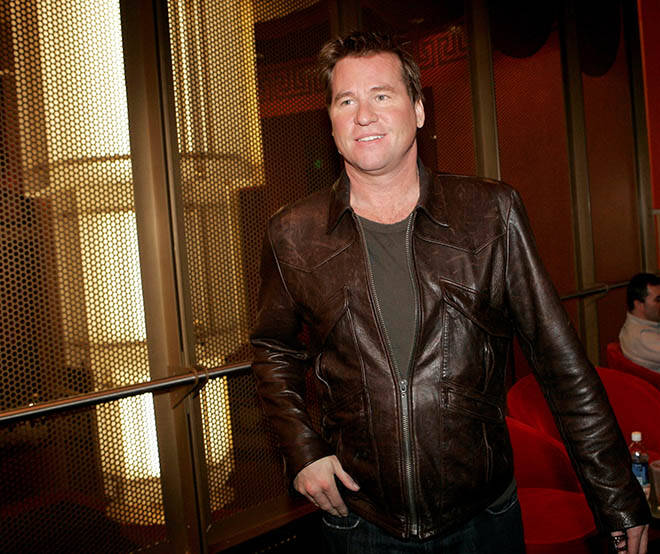Honolulu Mayor Kirk Caldwell signs three bills addressing parking, solar permitting and climate change
Mayor Kirk Caldwell this afternoon signed three separate bills at Honolulu Hale as part of a package intended to address the impacts of climate change on Oahu.
All three bills — which were approved unanimously by the Honolulu City Council at their final vote — came from the Oahu Resilience Opens in a new tabStrategy Opens in a new tab released last year, according to Caldwell. They provide a strong foundation for mayor-elect Rick Blangiardi and his administration to begin with next year, he said.
“Every single day since March this administration is focused on COVID-19 and about protecting our health and safety,” said Caldwell at the news conference. “But we haven’t lost focus on an even longer-term crisis and that’s our climate change crisis. Public health is economic health…but climate health also is economic health. You can’t have a future strong economy if we’re really feeling the impacts of climate change because you’ve done nothing about it.”
The three bills that Caldwell signed today include:
>> Bill Opens in a new tab2 Opens in a new tab, which updates parking regulations in the city’s Land Use Ordinance for the first time in more than 30 years. The bill’s intention is to reduce and in some cases eliminate mandatory parking requirements for future development. Supporters said that these changes would offer more flexibility in how much parking is built, in addition to making land available for other uses, while reducing costs all around.
>> Bill Opens in a new tab58 Opens in a new tab, which streamlines and expedites the permitting process for residential solar projects, including solar photovoltaic and energy storage systems and electric vehicle chargers. The bill’s intention is to reduce the time and costs associated with installing solar systems in multi-family housing units. It brings the clean energy permitting system, including battery systems, online and establishes processing deadlines.
Don't miss out on what's happening!
Stay in touch with breaking news, as it happens, conveniently in your email inbox. It's FREE!
>> Bill Opens in a new tab65 Opens in a new tab, which puts climate change and sustainability standards into ordinance, and establishes a framework for climate adaptation projects. It will require the city to establish and report energy and water use benchmarks for certain facilities, which are expected to save the city up to $7 millions in the next 10 years. By law, the city will have to transition to a 100% renewable energy fleet by 2035, and achieve a carbon-neutral economy on Oahu by 2045.
“These bills, together, help streamline the permitting process and cut carbon emissions at the same time,” said Caldwell in a news release. “We are setting up Oahu to take full advantage of a wave of expected new federal policies that will put people back to work installing solar, building electric vehicle infrastructure, and building greener more affordable housing in our community. President-Elect Biden has stated he’s going to focus on economic recovery and climate change, and these bills ensure we’re ready to partner on day one.”
Caldwell said he was pleased to hear of Biden’s plans to rejoin the Paris Climate Accord, and that these three bills are part of Oahu’s economic recovery as well as the president-elect’s Build Back Better Opens in a new tab initiative.
Will Giese, director of the nonprofit Hawaii Solar Energy Association, welcomed the passage of Bill 58 and said he expects it to lower overall costs.
Currently, Giese said about 20% of a system’s installation cost goes towards permit processing, so lowering that would result in lower customer costs. Historically, townhomes and condos have also been plagued by permitting delays of up to 18 months.
“Bill 58 is the most progressive permitting reform measure passed by the Honolulu City Council in over a decade,” said Giese during the conference. “Chair Menor, Mayor Caldwell, and the Honolulu City Council are showing true leadership and putting Honolulu on the map for what is possible for clean energy. At the most basic level, this bill will open up the market for clean energy projects on townhomes and condos, allowing cost savings across a much greater share of Oahu residents.”
The Oahu Resilience Strategy Opens in a new tab, which was released in May 2019, outlined 44 recommended actions to directly address the impacts of the climate change crisis as well as long-term affordability on Oahu. The Caldwell administration said that these three bills “substantially advanced” 5 of those 44 recommended actions.
Caldwell said Blangiardi was on the steering committee for the resilience strategy and he believes the incoming mayor will support these initiatives.
“I’m proud of these three bills and the hard work everyone has done,” Caldwell said.




